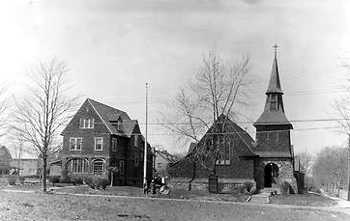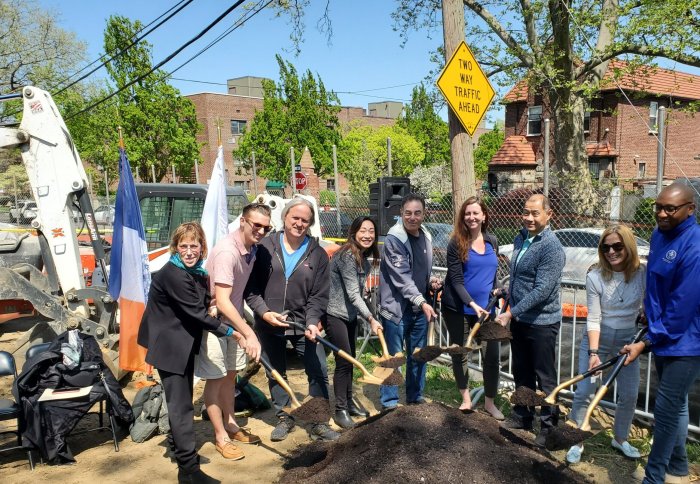I recently attended a Bayside Hills Civic Association meeting organized by the group’s president, Michael Feiner, one of Queens’ most dedicated and hardworking civic leaders. Legislators and former candidates were asked to discuss their experiences running for office. State Assemblyman David Weprin (D-Oakland Gardens), who I had challenged in 2010, was in attendance.
When Feiner asked me to comment, I declared that I would not run against an incumbent again, to which Weprin jokingly asked, “Bob, will you put that in writing?”
From recovering candidate to returning columnist, it is great being back writing a monthly column for TimesLedger Newspapers, whose journalistic standards have served our community well. As a civic activist, former candidate and president of Glen Oaks Village, New York’s largest garden apartment co-op, I hope to bring a unique insider’s perspective to key local issues.
If I am successful, readers will be in a better position to discern whether elected officials or city agencies that are paid to serve the public are doing their jobs honestly and energetically and with integrity. Please join me as we go On Point monthly to navigate these issues.
A few years back, I wrote a column entitled “Do-gooders may take away your parking spot.” At the time, it seemed far-fetched that the City Council would consider doing just that.
Transportation Alternatives, a bicycle advocacy group, was clamoring for city-imposed residential curbside parking fees. It saw it as a means to discourage automobile ownership. Its mission to reduce traffic congestion and pollution seemed laudable.
But it was not content to encourage “alternative transportation,” as the group’s name implies, but to coerce others to change their driving habits. And now it is fighting to reverse city zoning codes requiring developers to add off-street residential parking — driveways and garages — to all new construction.
It says this requirement “generates needless car ownership, driving and traffic.” Its logic suggests that free and available parking is the root of all traffic nightmares and is solved by punitively increasing parking rates and tolls while eliminating free street parking. In 2011, we have already seen confiscatory toll increases, with more scheduled to come, and double-digit parking meter rate hikes that Transportation Alternatives still says are “dramatically underpriced.”
This Manhattan-centric biking cult is pushing hard to impose an agenda antithetical to the lifestyles of the outer boroughs and the Council is listening closely. On Nov. 3, the Council approved a resolution asking the state Legislature for authority to establish a Residential Parking Permit program. Translation: Allow the city to charge you to park in front of your own home.
Like most legislation, it was introduced with good intentions in response to community concerns that residents living near the new Barclays Center in Brooklyn would be denied access to street parking during sporting events. Most Council members who voted for this measure would tell you what Weprin told me: “If a proposal comes before the Council which includes any fees, I will not support it.”
But the concern is that future Councils, under enormous pressure to raise revenue, will view curbside parking fees as a new revenue stream to quench the city’s insatiable appetite for more revenue. Many civics sees the RPP program as another tax being levied on already overburdened middle-class taxpayers and are working on a joint statement that will ask the Legislature to oppose the Council request.
Councilman Lewis Fidler (D-Brooklyn) got it right when he characterized the permit idea as a slippery slope that would ultimately force drivers in every neighborhood to pay for residential parking.
“Government loves new revenue streams,“ he warned.
It is now up to the Legislature to curb this program.
































